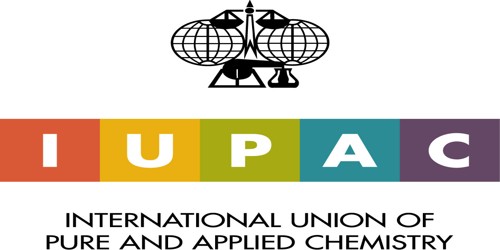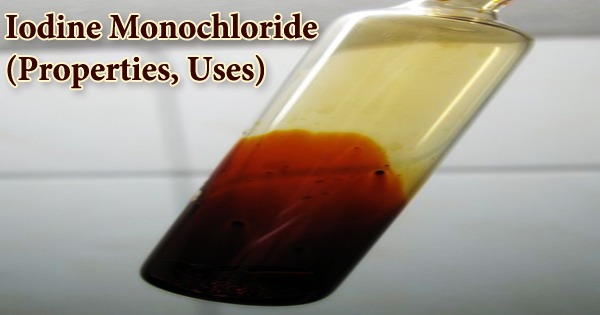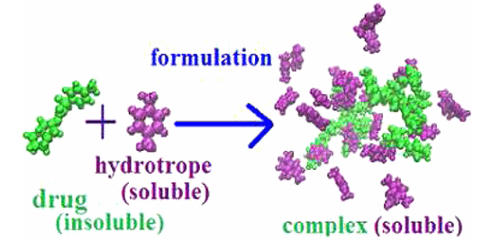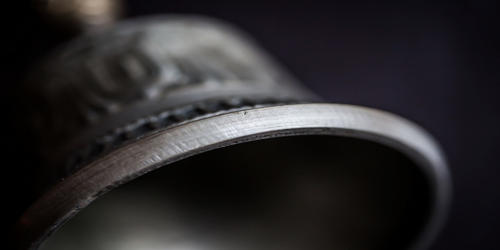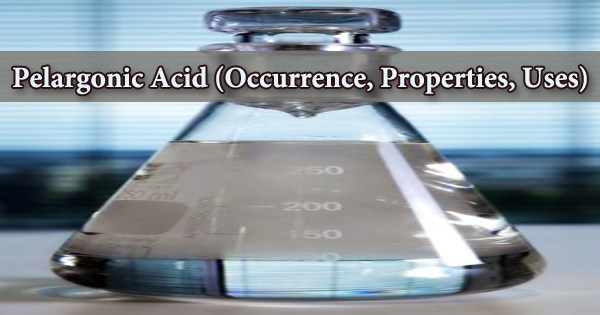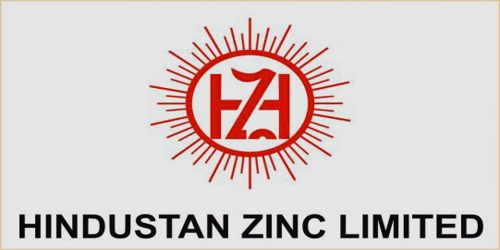The International Union of Pure and Applied Chemistry (IUPAC) is an international organization that represents chemists in individual countries. It governs everything to do with chemicals, elements, and new discoveries. As a scientific, international, non-governmental and objective body, IUPAC can address many global issues involving the chemical sciences. It is recognized as the international authority on chemical nomenclature, terminology, symbols, units, atomic weights, and related topics. It develops and maintains Recommendations that create a common language for the global chemistry community.
Every chemical known has a common name and an IUPAC name. This is also true for the Periodic Table of the Elements. Every element’s name has been approved by IUPAC. This rule does not apply to those elements still given temporary names. The organization was founded in 1919. It currently has 44 National Adhering Organizations and 21 Associate National Adhering Organizations. It holds its 2015 General Assembly and Congress in Busan, South Korea, from 9 to 14 August. It maintains a professionally staffed Secretariat headed by an Executive Director in Research Triangle Park, North Carolina, USA.
IUPAC was formed in 1919 by chemists from industry and academia. Nearly 5000 chemists are enrolled in the Affiliate Member Programme, which provides a virtual channel of global communication. IUPAC has long been recognized as the world authority on chemical nomenclature, terminology, standardized methods for measurement, atomic weights, and many other critically evaluated data. Its reports and recommendations are accepted as definitive for drafting regulations relating to chemical manufacturing, international commerce, and matters relevant to food, health, and the environment.
